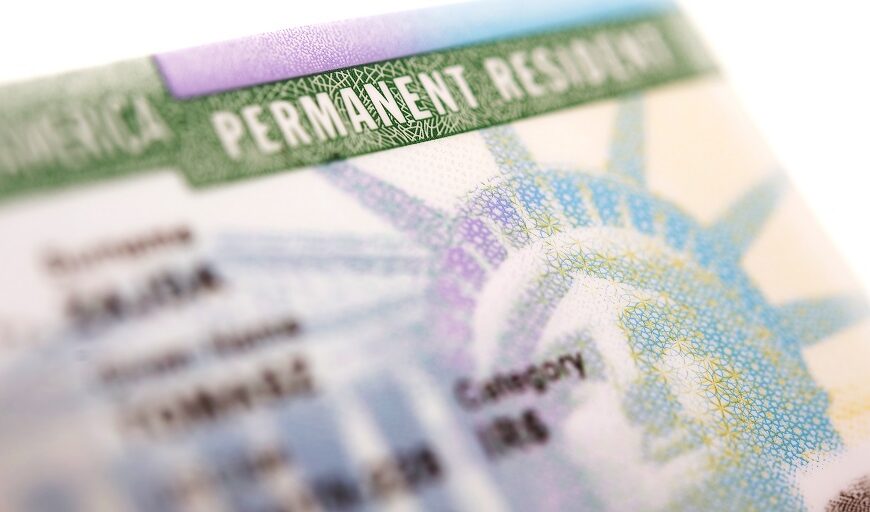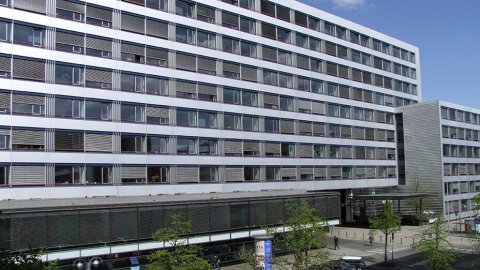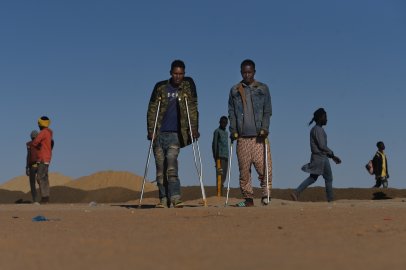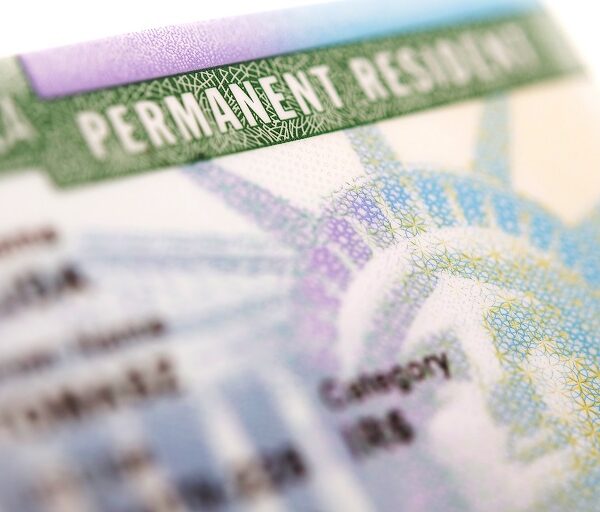Deportation Without Due Process: Urgent Need for Investigation Revealed
The topic of immigration and deportation has been a focal point of discussion and concern across the globe, particularly in the United States. In recent years, the process of deportation has come under scrutiny, raising questions about fairness, legality, and the human rights of individuals caught in this complex system. This blog post delves into the urgent need for an investigation into deportation practices, particularly focusing on the alarming stories of men deported to El Salvador.
The Human Cost of Deportation
Deportation is not just a legal procedure; it has profound human implications. The individuals affected by this process often face dire circumstances upon their return to their home countries. Many deported to El Salvador find themselves in a perilous situation, primarily due to the following factors:
- Violence and Gang Activity: El Salvador has one of the highest homicide rates in the world, attributed largely to gang violence. Many deportees find themselves targeted by gangs, placing their lives in jeopardy.
- Lack of Resources: Deported individuals often return to impoverished conditions, lacking access to basic necessities such as housing, employment, and healthcare.
- Family Separation: Deportation often results in the separation of families, causing emotional and psychological distress for both the deported individuals and their loved ones left behind.
Systematic Issues in the Deportation Process
Reports have surfaced regarding the systematic failures within the deportation process, particularly concerning due process rights. Many individuals facing deportation do not receive fair hearings or adequate legal representation. This raises significant concerns about the following:
- Inadequate Legal Support: Many deportees are not provided with access to legal counsel, leaving them vulnerable and ill-prepared to advocate for their rights.
- Rushed Proceedings: The speed at which deportation hearings are conducted often compromises the ability of individuals to present their cases effectively.
- Lack of Transparency: The deportation process is often shrouded in secrecy, with limited information available regarding the criteria used to determine deportability.
Personal Stories of Deportation
To illustrate the human aspect of these systemic issues, it is essential to highlight the personal stories of men who have been deported to El Salvador. These narratives offer a glimpse into the real-life consequences of deportation without due process:
The Story of Javier
Javier, a 32-year-old father of two, was deported after living in the United States for over a decade. He had built a life for himself and his family, working in construction and contributing to his community. Upon his return to El Salvador, Javier found himself in a dangerous neighborhood controlled by gangs. He faced threats to his life and struggled to find work, ultimately leading him to flee again in search of safety.
Mario’s Experience
Mario, a young man in his twenties, was apprehended during a routine check. Despite his pleas for asylum based on threats he faced from gangs in El Salvador, his requests were dismissed without a proper hearing. Deported back to his home country, Mario quickly became a target for gang recruitment, facing immense pressures to join or face violence.
The Call for Investigation
The stories of Javier and Mario are just two among many that highlight the urgent need for a thorough investigation into the deportation process. Advocacy groups and human rights organizations are increasingly calling for:
- Policy Reform: There is a pressing need for reforms that ensure due process rights are upheld for all individuals facing deportation.
- Increased Oversight: Establishing independent oversight bodies to monitor deportation practices can help ensure transparency and accountability.
- Legal Aid Accessibility: Providing access to legal representation for individuals facing deportation is crucial for safeguarding their rights and ensuring fair hearings.
The Role of Advocacy Groups
Advocacy groups play a vital role in raising awareness about the injustices of the deportation process. They work tirelessly to support affected individuals and push for meaningful policy changes. Their efforts include:
- Legal Assistance: Many organizations provide legal support to individuals facing deportation, helping them navigate the complex legal landscape.
- Public Awareness Campaigns: Advocacy groups often launch campaigns to educate the public about the realities of deportation and the human rights implications involved.
- Lobbying for Change: Engaging with lawmakers to push for reforms that prioritize due process and human rights is a fundamental aspect of their work.
Conclusion
The issue of deportation without due process is not merely a legal matter; it is a humanitarian crisis that demands urgent attention. With countless individuals facing life-threatening situations upon their return to countries like El Salvador, it is imperative that the system is held accountable. Comprehensive investigations into deportation practices are crucial to ensure that the rights of individuals are respected and protected.
As we move forward, it is essential to advocate for policies that prioritize justice, safety, and human dignity for all individuals, regardless of their immigration status. The stories of those affected by deportation must not be forgotten, and their calls for justice should resonate within the halls of power.







